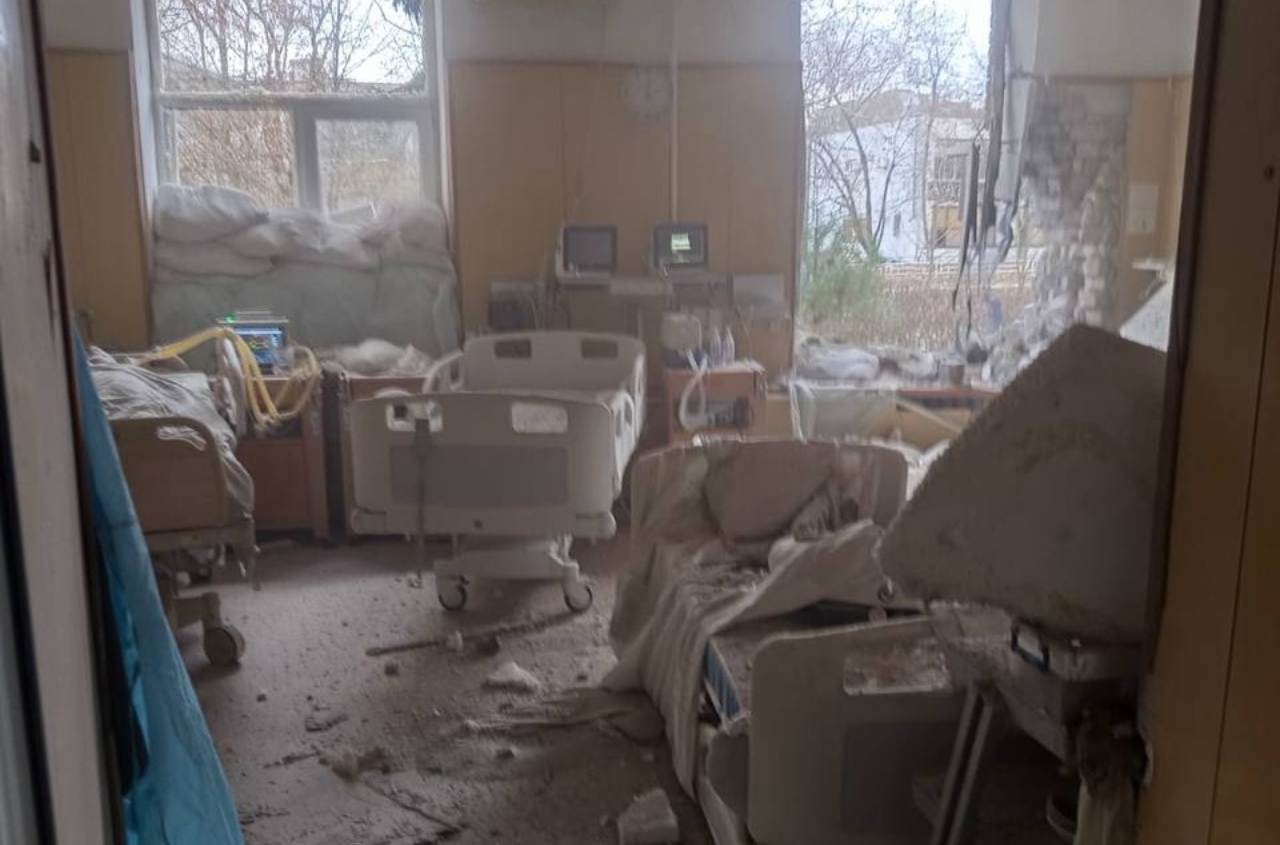Deliberate Russian drone strikes on civilians and infrastructure in frontline areas of Ukraine, as well as the deportation and displacement of Ukrainians, qualify as crimes against humanity.
This was stated by the Independent International Commission of the UN on the Investigation of Ukraine in its report to the Human Rights Council.
According to the report, Russian armed forces carried out strikes on civilians and various civilian infrastructure using short-range drones in settlements along the right bank of the Dnipro River over distances exceeding 300 kilometers.
In May of this year, the UN commission concluded that the drone attacks recorded in the Kherson region were extensive and systematic, and therefore qualify as crimes against humanity in the form of killings.
“The collected evidence confirms that such strikes were carried out on civilians and civilian infrastructure in the Dnipropetrovsk and Mykolaiv regions. The circumstances of the attacks in the three mentioned regions indicate the perpetrators’ intent to kill, maim, and destroy,” the report states.
It is emphasized that Russian armed forces conduct these attacks from positions on the left bank of the Dnipro, using drones equipped with real-time observation and tracking systems.
“These drones often pursued their targets over long distances and dropped explosive devices, causing deaths and injuries. In addition, attacks on ambulances and other emergency services were recorded, preventing them from reaching their destinations,” the UN commission added.
The report highlights that the attacks have a devastating impact on the civilian population in the affected areas. They caused significant destruction, rendering entire settlements uninhabitable. Basic services and shops ceased to operate, and terror forced thousands of people to flee their homes.
Russian Telegram channels, administered by the attackers or individuals associated with Russian UAV units, circulated hundreds of videos showing killings or injuries of civilians, which constitutes a war crime in the form of an attack on human dignity. These channels also posted threatening messages announcing new attacks and urging people to leave their homes, according to the press release.
The UN commission considers the actions of Russian armed forces to qualify as crimes against humanity in the form of forced displacement. The commission intends to revisit this issue in its report to the General Assembly in October this year.
“Three and a half years of armed conflict in Ukraine continue to have a devastating impact on the civilian population. Recorded violations and related crimes have inflicted unspeakable suffering and severe hardships on the victims,” said commission chair Erik Mose.
The UN commission was unable to complete its investigation into Russian claims of alleged Ukrainian drone attacks due to lack of access to the relevant territories, security risks for witnesses, and the absence of a response from the Russian Federation to the commission’s inquiries.
Additionally, the UN commission continues to investigate the practice of deporting and displacing adult civilians from areas of Zaporizhzhia region under Russian control.
“The investigation of short-range drone attacks, as well as deportations and displacements, demonstrates coordinated and organized actions by Russian authorities aimed at further territorial seizure and consolidation of their positions on controlled lands in Ukraine, while forcing the local population to flee,” the report states.
It notes that repeated shelling gradually destroyed entire settlements. Many affected people lost relatives, their homes were destroyed, and living conditions became uninhabitable. Elderly people on the frontline remain in particularly difficult conditions, many unable to escape, making them vulnerable to further attacks, the UN commission concludes.




















